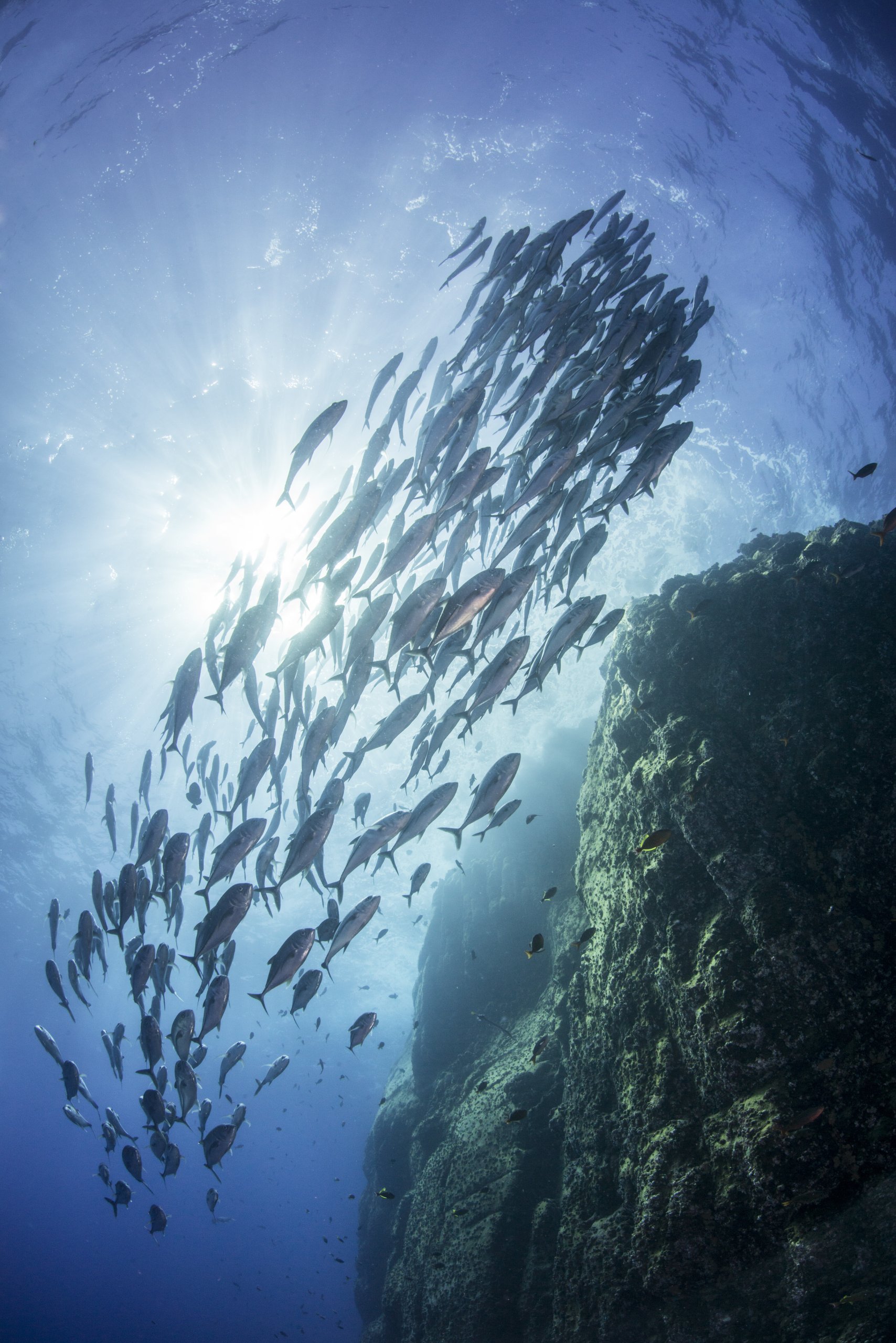Understanding how environmental factors influence fish stock dynamics under different climate scenarios is essential to predicting the availability of fish and supporting decision-making to promote productivity. The transition of juvenile fish into adult fish stock – or ‘recruitment’ – is an important factor in predicting the availability of different stocks over time, and an essential step towards successful implementation of Ecosystem Based Fisheries Management (EBFM).
As part of our Ecological Effects on Fisheries theme, SEAwise researchers investigated how key environmental variables such as temperature and salinity influence juvenile recruitment into a fish stock. This understanding could lead to more accurate predictions of stock dynamics under different scenarios of environmental change, and support the development and implementation of robust management policies.

This study focused on several different environmental factors that can affect juvenile health and therefore stock recruitment. The main factors assessed across the SEAwise Case Study regions were: sea temperature, salinity, ocean currents and food availability. The ecological effects of these environmental variables were assessed against stock recruitment, with real-world observations feeding into models to predict how recruitment might change under different climate scenarios over space and time.
Results from the four Case Study regions are summarised below.
In terms of caveats, results of predictive models were affected by uncertainty in different climate change projections in the North Sea, particularly on the availability of forage fish. Some studies in the Mediterranean Sea used only one climate model, meaning results are limited to the scope of projections within that model.
Building on this work, models will be further developed using a range of different climate models and including human pressures on the environment. This will enable us to gain a deeper understanding of how recruitment of different fish stocks may respond to changes in their environment, and ultimately support effective decision making for EBFM.
Read the report here.
Stay up to date with SEAwise news and research, hear about upcoming events, and receive updates on fisheries news from across the European seascape.